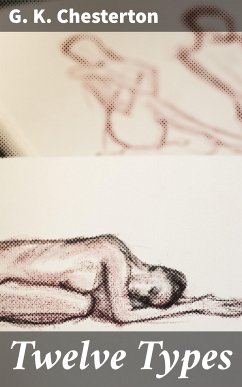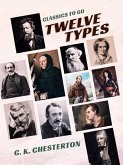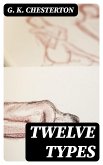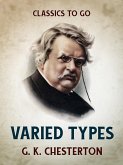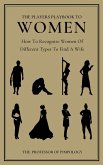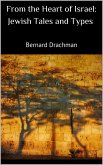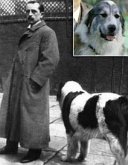In "Twelve Types," G. K. Chesterton presents a series of character studies that illuminate the diverse personalities and eccentricities of individuals he encountered in daily life. Each essay encapsulates a distinct archetype, using Chesterton's signature blend of wit, intellect, and keen observation to delve into the human condition. The literary style is marked by a conversational tone that draws readers in while simultaneously challenging their perceptions, echoing the socio-cultural currents of early 20th-century England where individuality was both celebrated and scrutinized. Chesterton's profound insights reveal the complexities of character in a way that invites both empathy and critical reflection. G. K. Chesterton was a prolific writer, philosopher, and journalist whose works often critiqued contemporary society and explored the theological implications of modernity. His own experiences as a journalist and public intellectual contributed to the depth of his character analyses in "Twelve Types." Through his profound understanding of human nature, derived from extensive literature and his adventurous spirit, he crafts narratives that resonate with timeless truths, painting a rich tapestry of humanity. For readers seeking an engaging exploration of character and identity, "Twelve Types" is an essential read. Chesterton's ability to distill life into poignant portraits not only entertains but also provokes thoughtful discourse about the very essence of who we are. This book is a treasure for those who appreciate literary craftsmanship and the enduring complexity of human character.
Dieser Download kann aus rechtlichen Gründen nur mit Rechnungsadresse in A, B, BG, CY, CZ, D, DK, EW, E, FIN, F, GR, H, IRL, I, LT, L, LR, M, NL, PL, P, R, S, SLO, SK ausgeliefert werden.

